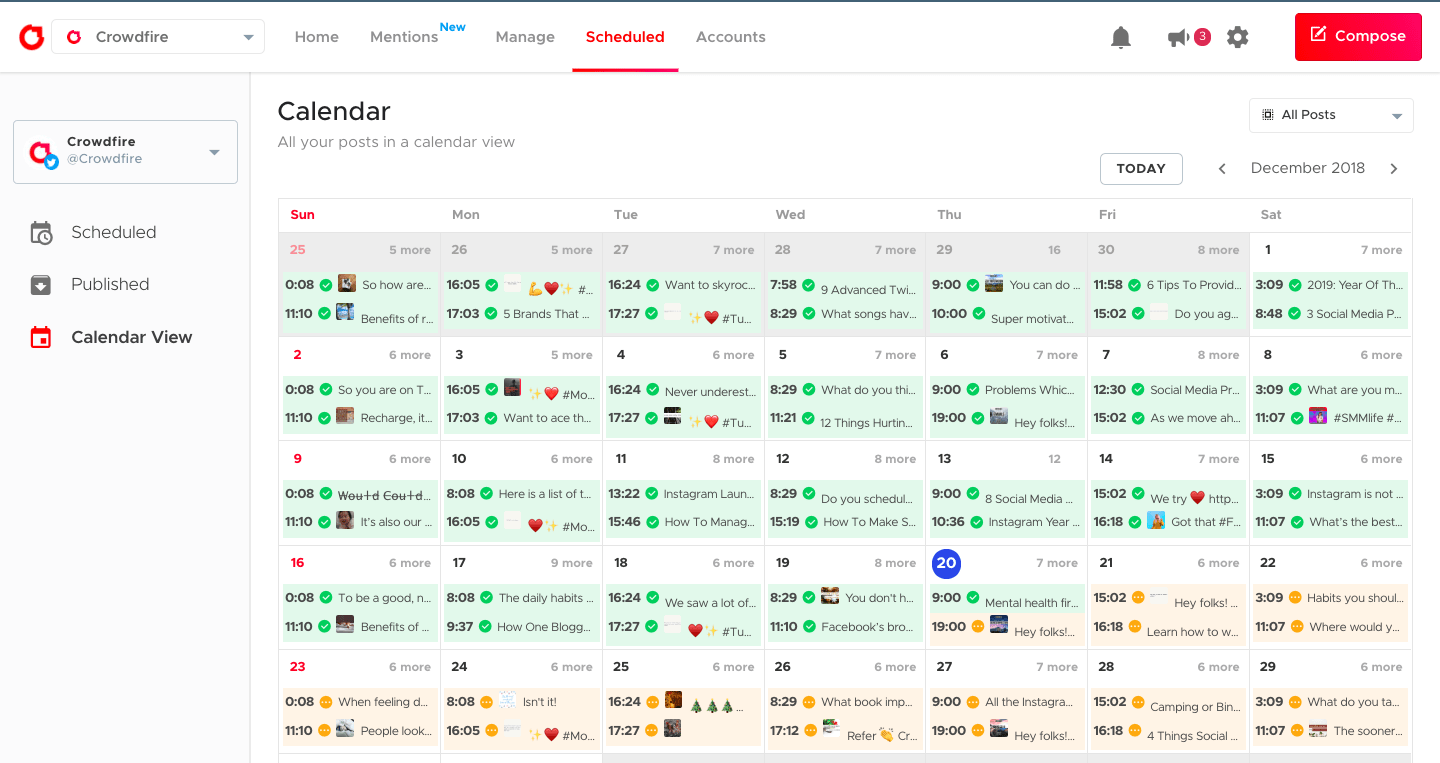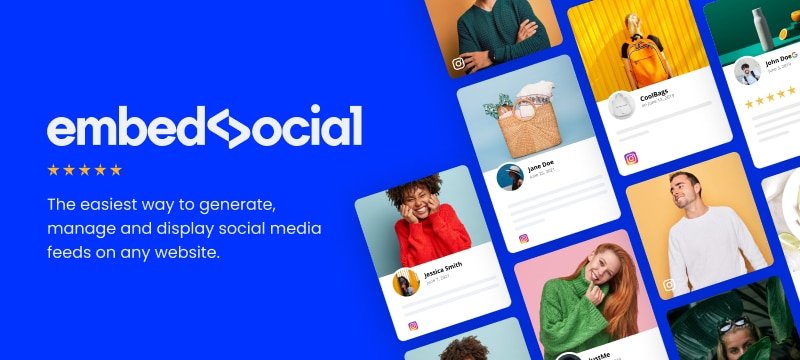Best Influencer Marketing Platforms: Top Choices
In today’s digital landscape, marketers and brands are continuously searching for innovative strategies to reach their target audience effectively. Among these strategies, best influencer marketing platforms have emerged as powerful tools that connect brands with influential individuals on social media and other online spaces. Understanding how to leverage these platforms can significantly enhance a brand’s visibility and overall marketing success.
Understanding Influencer Marketing

Influencer marketing is fundamentally about utilizing influential people to promote products or services. This technique has gained traction in recent years, largely due to the growth of social media.
Definition and Importance of Influencer Marketing
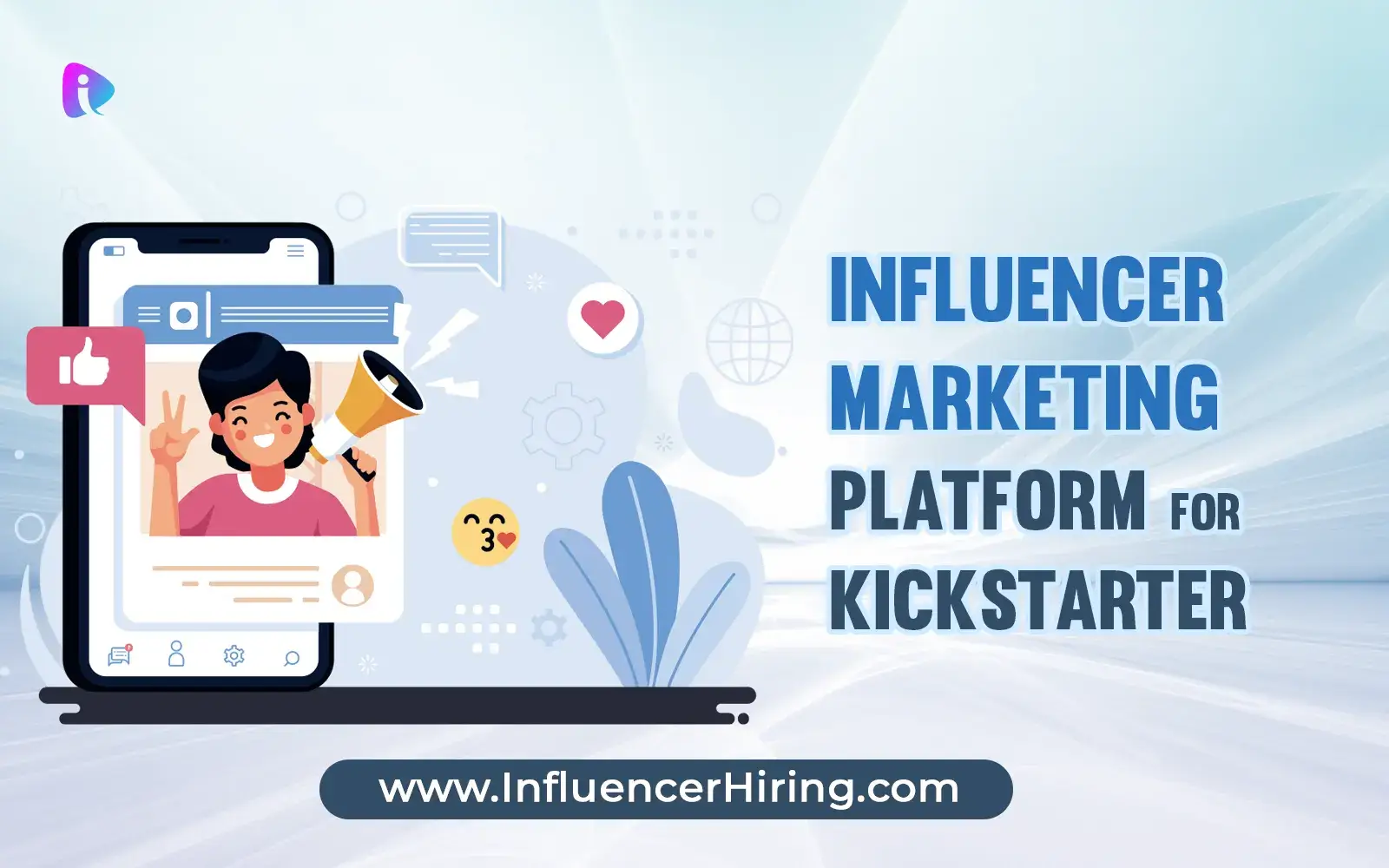
At its core, influencer marketing involves partnering with individuals who have cultivated a following on social media or other platforms. These influencers possess the power to affect the purchasing decisions of their followers through their authenticity and connection with their audiences.
Influencer marketing is important because it allows brands to tap into established trust between the influencer and their audience. When an influencer endorses a product, their followers are more likely to consider it credible than a traditional advertisement. This strategy often leads to increased conversions, higher engagement rates, and improved brand awareness. In a world where consumers are inundated with advertisements, the genuine recommendations from influencers can break through the clutter and resonate with potential customers.
Evolution of Influencer Marketing
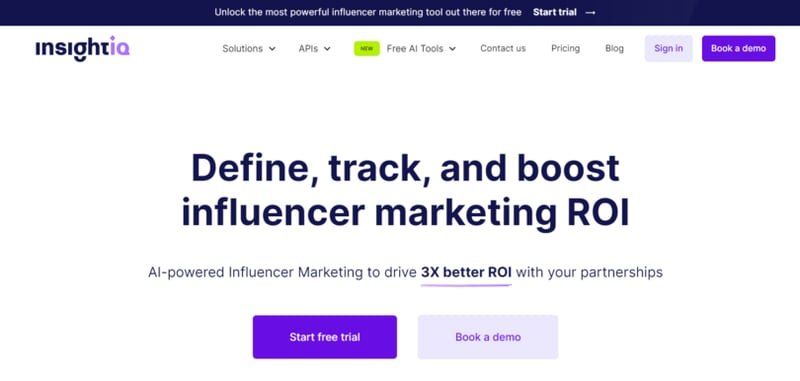
The evolution of influencer marketing dates back to celebrities endorsing products in traditional media. However, with the advent of social media platforms like Instagram, YouTube, and TikTok, the landscape shifted dramatically. Everyday individuals began to build significant followings based on niche interests, creating what is known as micro-influencers.
These shifts have democratized influence; now, anyone with engaging content and a dedicated audience can be an influencer. Brands recognized the potential to engage authentic voices, leading to a boom in influencer marketing initiatives across various sectors.
The Role of Social Media in Influencer Marketing

Social media platforms play a central role in influencer marketing. They provide the space for influencers to share content, connect with their audience, and engage in real-time conversations. Platforms like Instagram and TikTok allow influencers to create visually compelling content that showcases products in relatable contexts.
Moreover, social media algorithms amplify influencer posts, increasing visibility. The ability to reach vast audiences quickly has made social media a cornerstone of influencer marketing strategies. As trends shift, the adaptability of both brands and influencers in using these platforms will dictate the future of influencer marketing.
Criteria for Selecting Influencer Marketing Platforms
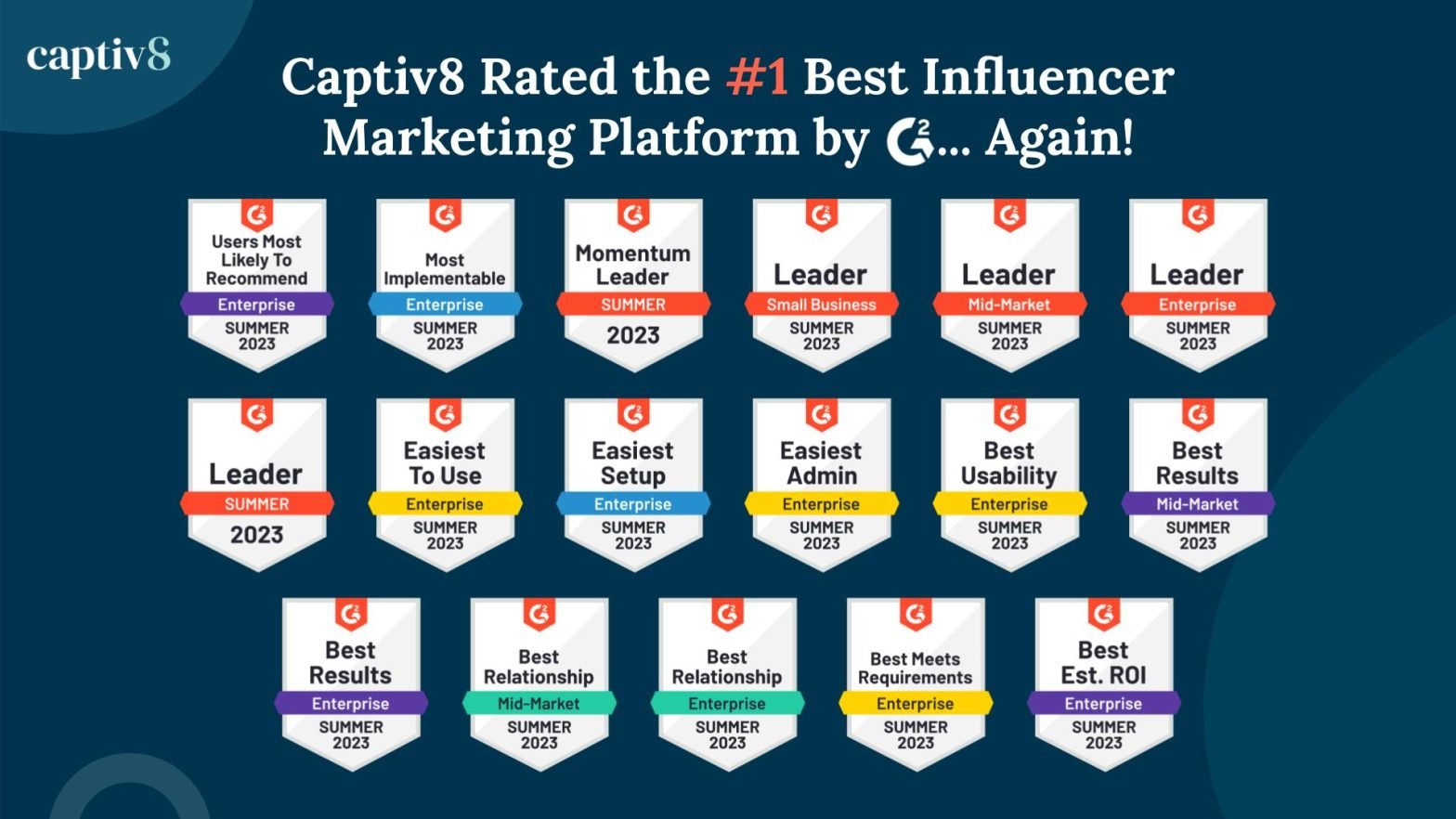
Not all influencer marketing platforms are created equal. To maximize the effectiveness of your campaigns, it is essential to select the right platform that aligns with your brand’s goals and needs.
Ease of Use and User Interface
One of the primary considerations when selecting an influencer marketing platform is the user experience. A platform should have an intuitive interface that allows users to navigate effortlessly through features such as finding influencers, launching campaigns, and analyzing results.
User-friendly design reduces the learning curve, enabling brands to focus on strategy rather than struggling with technology. Platforms that offer straightforward dashboards, guided processes, and comprehensive tutorials tend to empower marketers to execute campaigns successfully without unnecessary frustration.
Range of Influencers Available
Different platforms cater to different niches and types of influencers. Some may specialize in beauty influencers, while others focus on tech reviewers or travel enthusiasts. When evaluating a platform, consider the range of influencers available and whether they align with your target demographic.
Having access to a diverse pool of influencers ensures you can find the right match for your brand. Additionally, many platforms feature filtering options, allowing brands to search for influencers based on follower count, engagement rates, demographics, and content niche, facilitating targeted outreach.
Analytics and Reporting Features
The ability to measure campaign performance is crucial in influencer marketing. Robust analytics and reporting features enable brands to track essential metrics such as engagement rates, click-through rates, conversion rates, and return on investment (ROI).
Understanding the effectiveness of your campaigns helps refine future strategies. Platforms that offer detailed reports and insights provide clarity on which influencers delivered the best results and how different campaigns performed. This analytical capability is invaluable for data-driven decision-making in marketing efforts.
Pricing Models and Budget Considerations
Influencer marketing platforms operate under various pricing models, including subscription fees, commission-based payments, or pay-per-campaign structures. Evaluating these models relative to your budget is critical before committing to a platform.
Consider not only the upfront costs but also any additional fees that might arise during campaigns. Some platforms may charge extra for premium features or advanced analytics. Transparency in pricing ensures you can allocate your budget wisely without encountering unexpected expenses later.
Customer Support and Resources
Finally, effective customer support can make a significant difference in your experience with an influencer marketing platform. Look for platforms that offer responsive customer service, comprehensive FAQs, and educational resources such as blogs, webinars, and case studies.
Support systems empower brands to troubleshoot issues, seek advice, and gain insights from those with extensive experience in influencer marketing. Access to valuable resources can further optimize campaign performance and provide essential industry knowledge.
Top Influencer Marketing Platforms
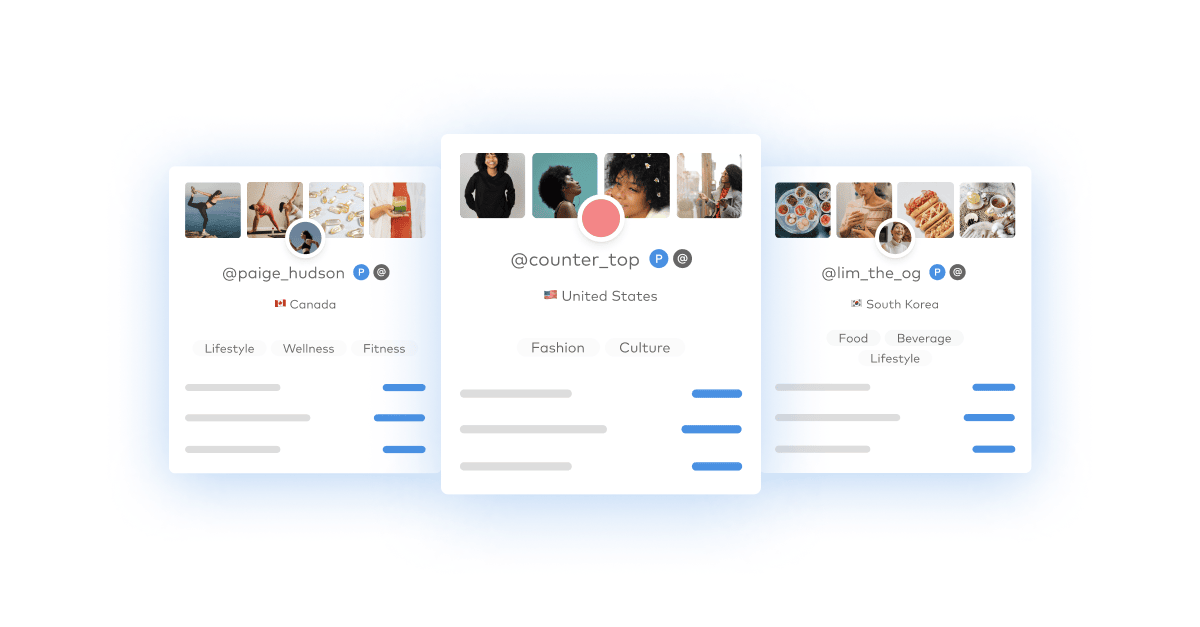
With numerous influencer marketing platforms available, identifying the ones that stand out can help streamline your efforts. Here, we explore some of the top platforms and their unique selling points.
Platform 1: Overview, Features, and Unique Selling Points
One of the leading platforms in the influencer marketing space is AspireIQ. This platform is built for brands looking to establish long-lasting relationships with creators.
AspireIQ offers a streamlined process for discovering, managing, and measuring influencer partnerships. With a user-friendly interface and a robust database of influencers, brands can easily connect with creators who align with their values. The platform also provides tools for campaign management, allowing users to collaborate with influencers seamlessly.
Unique selling points include its emphasis on community building, allowing brands to foster ongoing relationships with influencers rather than one-off transactions. AspireIQ excels in providing insights and analytics, helping brands understand the impact of their campaigns on audience engagement and sales.
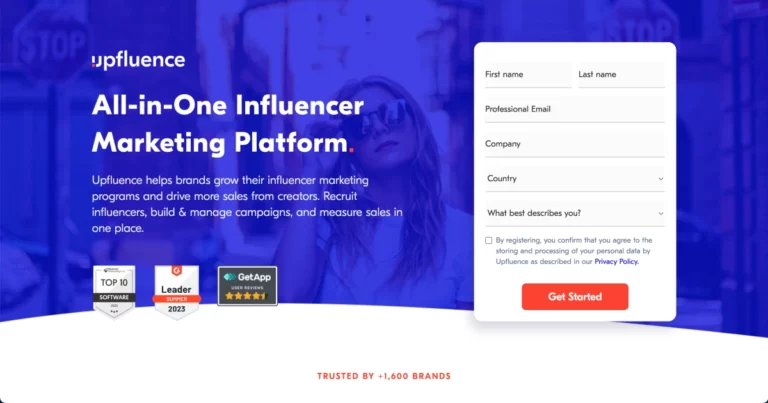
Platform 2: Overview, Features, and Unique Selling Points
Another noteworthy platform is Upfluence, which prides itself on offering comprehensive influencer discovery and outreach capabilities.
Upfluence features a vast database of influencers across numerous platforms, making it easy for brands to filter through potential partners based on specific criteria such as audience demographics, engagement rates, and content themes.
What sets Upfluence apart is its advanced search functionality and ability to integrate into existing e-commerce systems. Brands can leverage this integration to identify influencers who have engaged with their products directly. Furthermore, Upfluence provides detailed analytics, allowing brands to assess campaign performance thoroughly and adjust strategies accordingly.
Platform 3: Overview, Features, and Unique Selling Points

For brands focused on video content, CreatorIQ stands out as a top choice. This platform specializes in connecting brands with video influencers on platforms like YouTube and TikTok.
CreatorIQ offers robust tools for influencer discovery, campaign management, and performance tracking. Its strong emphasis on video content allows brands to create engaging campaigns that resonate with viewers.
The unique selling point of CreatorIQ is its AI-driven analytics, which provide deep insights into video performance and audience engagement. This data-driven approach empowers brands to refine their messaging and visuals, ensuring campaigns are optimized for maximum impact.
Platform 4: Overview, Features, and Unique Selling Points
Tagger Media is another influential platform that focuses on connecting brands with the right creators through data-driven insights.
Tagger Media offers an extensive database of influencers and employs advanced analytics to assess audience demographics and engagement metrics. This platform facilitates discovery by leveraging data to inform partnership decisions.
What distinguishes Tagger Media is its comprehensive reporting capabilities. Brands can analyze campaign performance in real time and make data-driven adjustments as needed. This level of insight supports strategic planning and enhances the likelihood of achieving marketing objectives.
Platform 5: Overview, Features, and Unique Selling Points
Influencity is a versatile influencer marketing platform that caters to brands of all sizes, offering solutions for influencer discovery, campaign management, and analytics.
Influencity features a broad range of influencers across multiple niches, making it suitable for diverse marketing goals. The platform emphasizes transparency, providing brands with clear insights into influencer performance and audience engagement.
The unique selling point of Influencity lies in its affordability and ease of use. Brands can access essential features without breaking the bank, making it an attractive option for startups and those new to influencer marketing. Additionally, the platform provides educational resources to assist brands in navigating influencer marketing effectively.
GoHighLevel is a powerful tool for influencer marketing, offering features that streamline collaboration and campaign management. With its CRM capabilities, you can track influencer relationships, monitor campaign performance, and manage workflows effortlessly. Whether you’re building partnerships or analyzing ROI, GoHighLevel provides an all-in-one solution to maximize the impact of your influencer marketing strategy.
Case Studies of Successful Influencer Marketing Campaigns
To illustrate the efficacy of influencer marketing platforms, here are detailed case studies showcasing successful campaigns executed through these platforms.

Case Study 1: Brand, Strategy, and Results
A notable example is Nike’s collaboration with micro-influencers through AspireIQ. Nike aimed to promote its new line of running shoes, targeting fitness enthusiasts and casual runners alike.
Nike selected a diverse group of micro-influencers who shared authentic content related to running and fitness. The strategy included sharing personal experiences with the product, emphasizing the comfort and performance aspects of the shoes.
The results were impressive, with significant increases in engagement rates and brand mentions across social media. Nike observed improved reach among younger audiences, ultimately leading to a boost in sales and positive brand sentiment.
Case Study 2: Brand, Strategy, and Results
Another impactful campaign was executed by Glossier, leveraging Upfluence for influencer partnerships to launch a new skincare line.
Glossier utilized the platform to identify beauty influencers who aligned with their brand values. The strategy focused on sending PR packages to selected influencers, encouraging them to share their honest reviews with their audiences.
The results were overwhelmingly positive, generating extensive buzz and engagement within the beauty community. Glossier experienced a substantial increase in website traffic and product pre-orders, highlighting the effectiveness of influencer endorsements in driving consumer interest.
Case Study 3: Brand, Strategy, and Results
Lastly, a successful campaign by Adobe showcased the power of video content through CreatorIQ. Adobe sought to promote its Creative Cloud software suite among aspiring content creators.
The strategy involved collaborating with popular video creators to showcase how Adobe products enhance creativity. These influencers produced tutorial videos demonstrating the software’s capabilities, captivating their audiences’ attention.
The results included a marked increase in brand awareness among younger demographics. Viewer engagement soared, and Adobe benefited from a surge in software trials and subscriptions, proving the value of creative content in influencer marketing.
Future Trends in Influencer Marketing
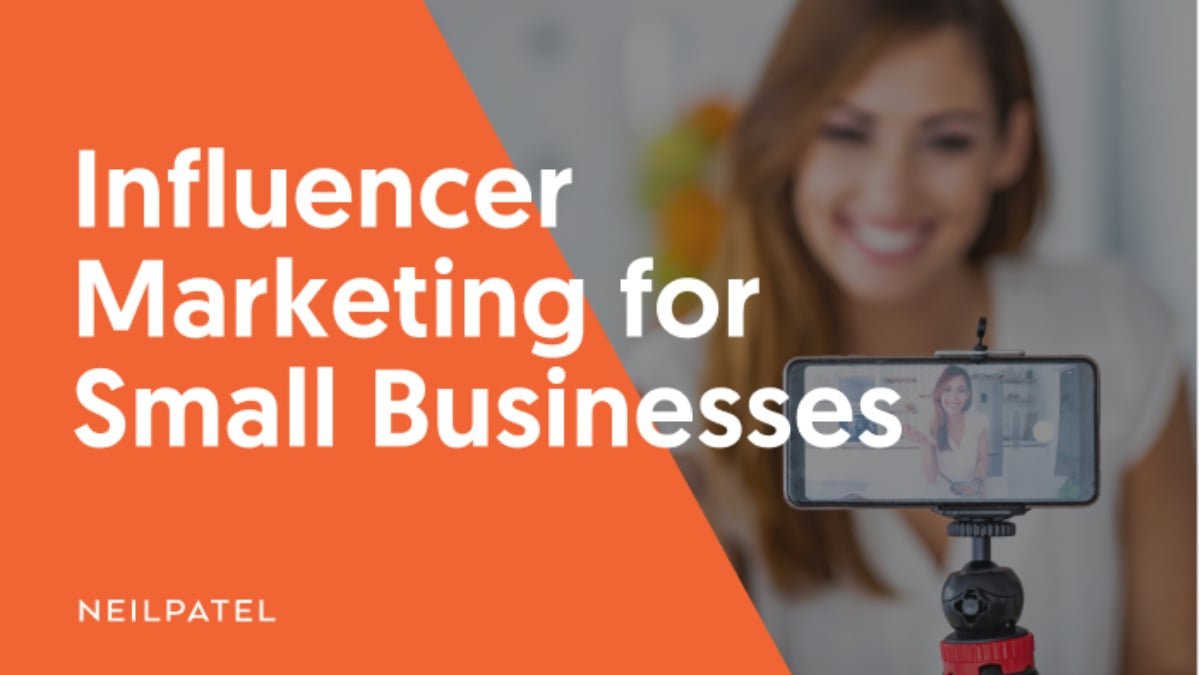
As the digital landscape continues to evolve, influential marketing strategies must adapt. Here, we explore some future trends that will shape the influencer marketing sphere.
Growth of Micro and Nano Influencers
One prominent trend is the growing importance of micro and nano influencers. These individuals often possess smaller but hyper-engaged audiences, resulting in higher trust levels and authenticity.
Brands are increasingly recognizing the value of working with these influencers, as they tend to foster closer connections with followers. Consequently, partnerships with micro and nano influencers can yield better engagement rates, driving meaningful interactions around products and services.
Integration of AI and Data Analytics
The integration of artificial intelligence and data analytics into influencer marketing platforms will revolutionize how brands identify, recruit, and manage influencers. Advanced algorithms will refine the discovery process, making it easier for brands to find influencers whose audiences align with their target market.
Furthermore, AI-driven analytics will provide deeper insights into campaign performance, enabling brands to make iterative adjustments for optimization. This data-centric approach will empower marketers to make informed decisions, enhancing the efficiency of influencer marketing initiatives.
Enhanced Focus on Authenticity and Transparency
As influencer marketing grows, so does the demand for authenticity and transparency. Consumers are becoming increasingly discerning, seeking genuine recommendations rather than sponsored content. Brands will need to prioritize partnerships with influencers who maintain credibility and authenticity in their messaging.
Transparency regarding sponsorships and collaborations will also be crucial. Influencers who openly disclose paid partnerships will cultivate trust and strengthen their relationships with their audience, contributing to more successful campaigns.
Shifts in Social Media Platforms and Content Consumption
The future of influencer marketing will also be influenced by shifts in social media platforms and content consumption habits. For instance, the rise of platforms like TikTok has transformed short-form video content into a dominant force.
Marketers will need to adapt their strategies to engage audiences on emerging platforms, exploring new formats and storytelling techniques. Staying attuned to rapidly changing preferences will be essential for brands aiming to maintain relevance in the influencer marketing landscape.
Conclusion
In summary, the world of influencer marketing is dynamic and full of opportunities for brands willing to embrace innovation and creativity. By understanding the best influencer marketing platforms, brands can harness the power of influencer partnerships to reach their target audiences effectively.
Selecting the right platform involves careful consideration of factors such as user experience, influencer diversity, analytics capabilities, pricing models, and customer support. As influencers continue to shape consumer behavior, brands must stay ahead of the curve by adapting to emerging trends, prioritizing authenticity, and leveraging data-driven insights.
The future of influencer marketing holds immense promise, driven by evolving technologies and shifting consumer expectations. By remaining proactive and informed, brands can navigate this ever-changing landscape and achieve remarkable success in their influencer marketing endeavors.


